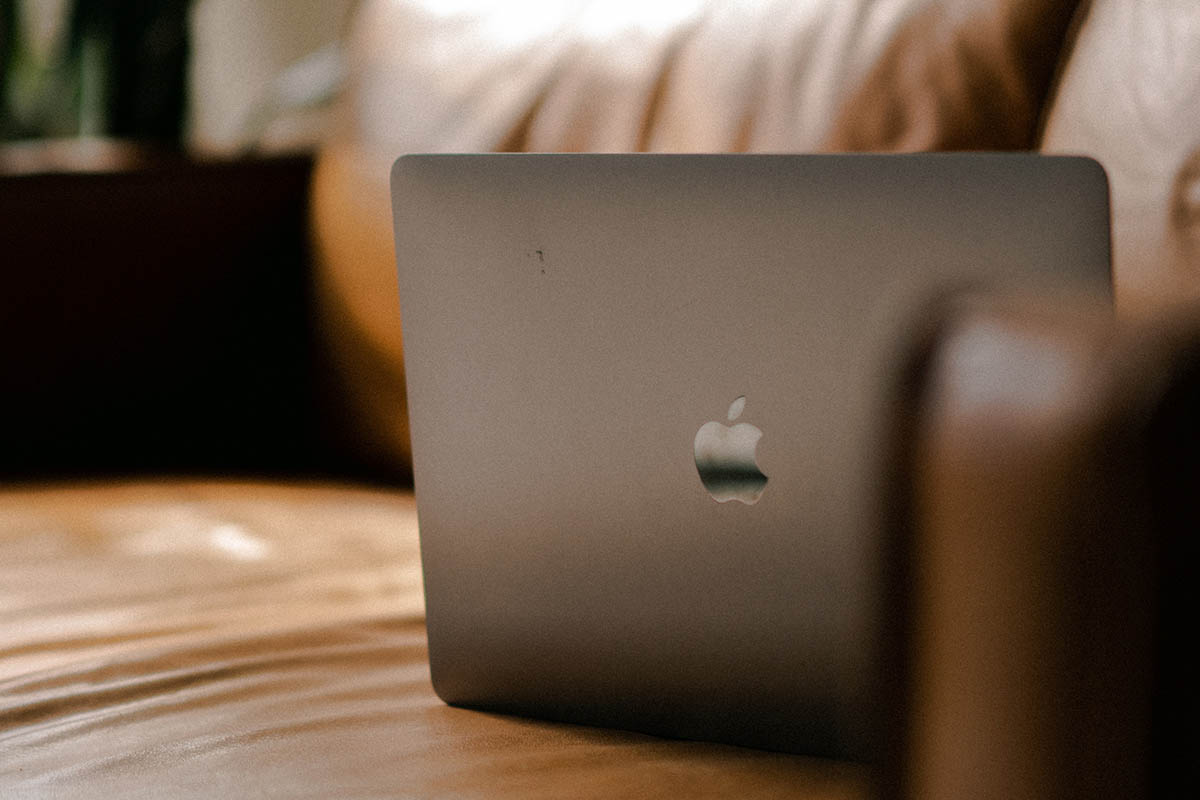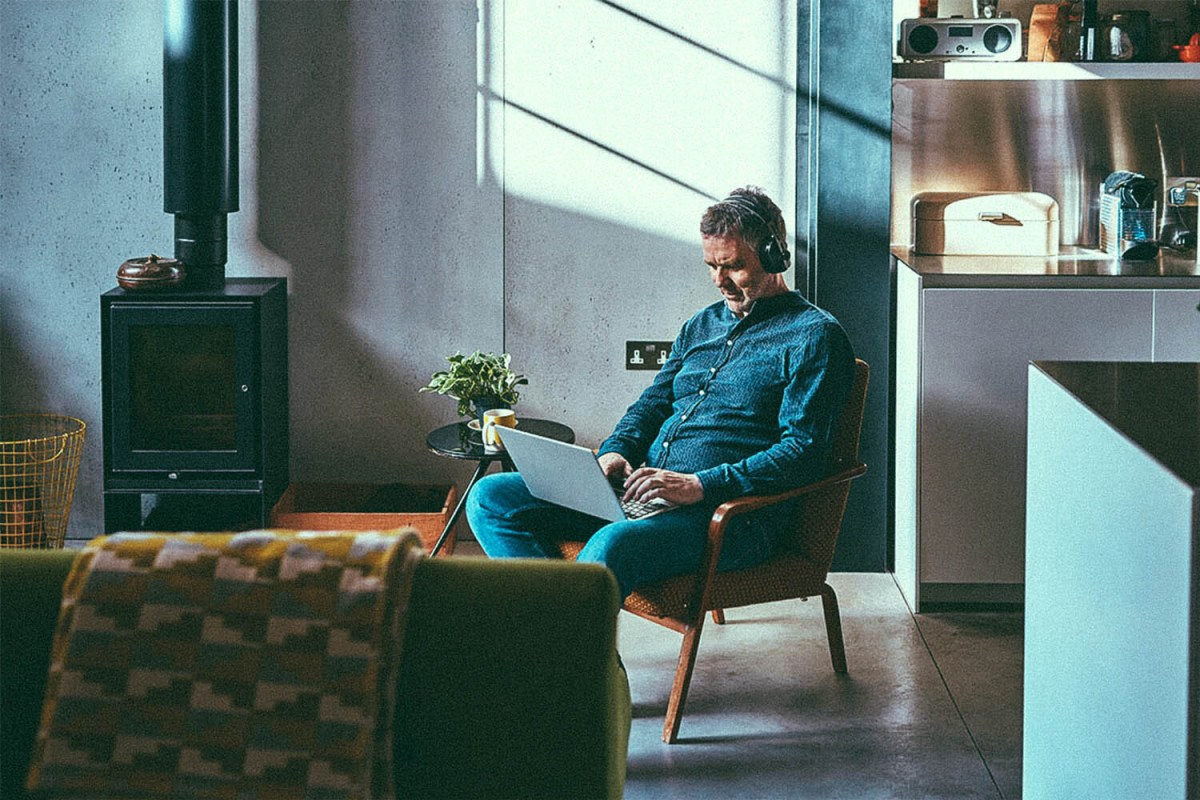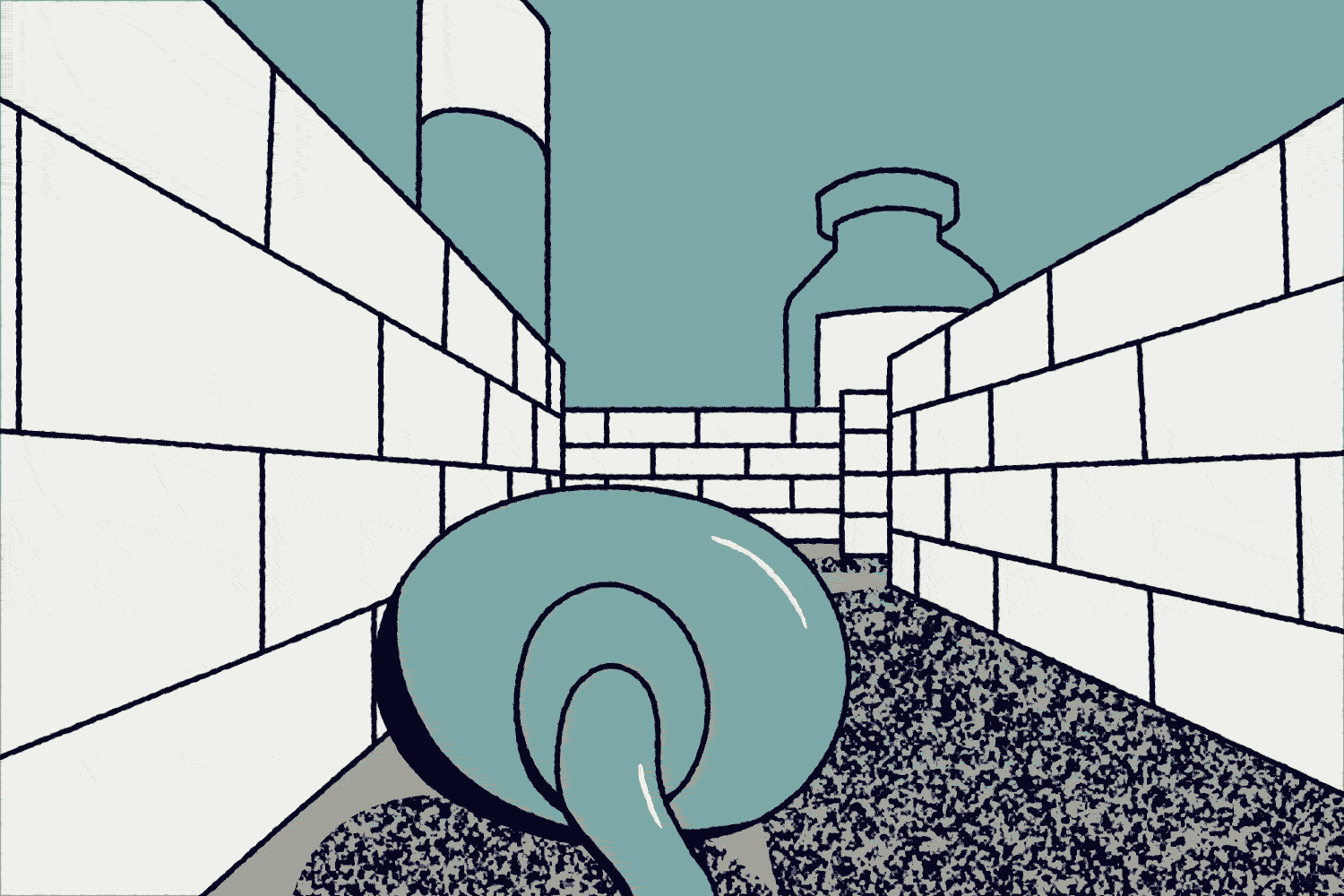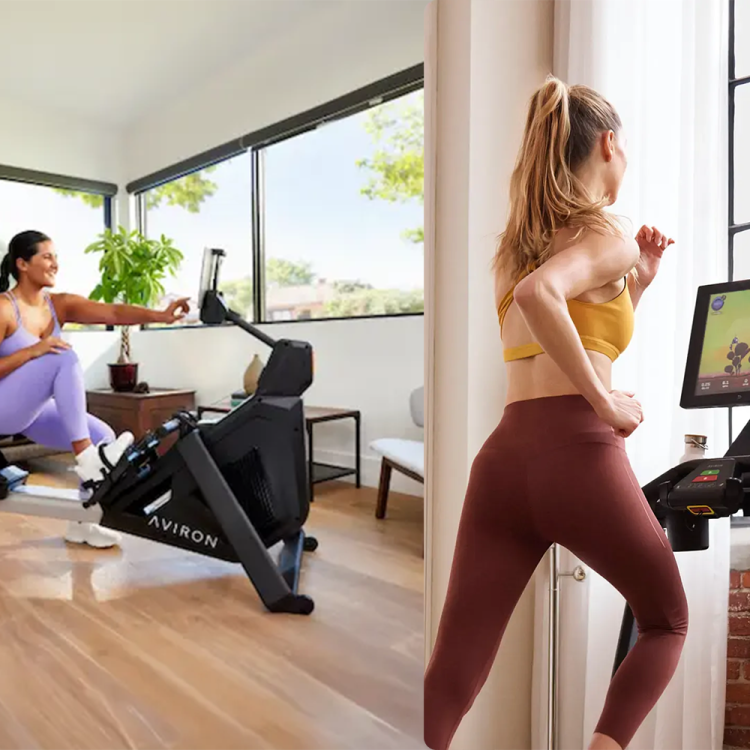A year ago, the number of Americans working from home stood at just under five million. These days, it’s up around 70 million. That’s hard to process. We moved almost half the nation’s workforce home in a matter of months. And while some still treat it like a temporary measure — water cooler chat now is just Zoom riffs on the question “When do you think we’re going back?” — any shift that seismic comes with a measure of permanence.
Stanford economist Nicholas Bloom expects the WFH era to outlive the reign of COVID-19. One survey, which he conducted with the Atlanta Federal Reserve and the University of Chicago, found that even after the pandemic dust settles, most top firms plan to keep employees home one to three days a week. That will change the world. Corporations will reconsider the value of a downtown high-rise. Workers without fast home internet will be left behind. Transit services will need to reconfigure their long-term goals.
That’s big-picture stuff. But extending telecommuting will result in countless tiny consequences, too — some of them alarming. Just look at the habits you’ve picked up during quarantine. Are you prepared to keep them for years? Like, snacking all day. Checking emails hours after you “logged off.” Or working with your computer balancing on your lap.
I’m especially guilty of that last one. Sometimes, in order to get my act together and draft an email, I need a change of scenery. There are only so many options in the house, so I move from the desk to the couch. Other days I climb back into bed (or put off ever leaving it), in order to get work done. I would guess I’m not the only one. But is that a good idea, really? Is it okay to have a hot machine sitting directly atop your nether regions for hours at a time?
In the past, this wasn’t much of a problem because it wasn’t much of an option. Unless you worked in one of those open-floor startups, chances are you weren’t putting your feet up on a poof during the workday. But in a world that seems determined to not go back to normal, it’s important to know how a consistent laptop-on-lap routine could affect the body. Below, we break down four “side effects” commonly associated with the practice, and your risk of each.

Protect thy count?
Male infertility is the first issue that comes to mind here. There’s a reason for that. In 2005, Human Reproduction published a study titled: “Increase in scrotal temperature in laptop computer users.” The conclusion was laptops could raise the temperature of a lap by five degrees Fahrenheit. Remember what laptops looked like in 2005, though? They were as thick as textbooks. Their cooling systems were useless.
A 2011 study, meanwhile, found that heat from a laptop could raise the temperature of your scrotum by up to 2.8 degrees Fahrenheit. To be sure, any heating of that area is not a great idea; your testicles dangle for good reason — sperm production occurs at around 93.2ºF. That’s well below the normal body temperature of 98.6ºF. The more sperm you make, the better chance you have that a few of them will be “properly-shaped, straight swimmers.”
But for years now, urologists have agreed that sitting with a laptop over your pants will not be the reason you lose fertility. That information hasn’t exactly filtered its way through the public yet. Perhaps people have been reticent to ask, fearful that the answer they might hear. If you’re struggling with fertility, you probably shouldn’t plant something hot on your privates — why risk it? — but that falls in the category of low-caliber behavioral changes, like opting to wear loose-fitting boxers to bed.
There are larger forces at play that will damage your sperm count. Like obesity, drug or alcohol abuse, chromosomal defects, prior surgeries, and infections. If working with a laptop is going to lower your sperm count, it’ll be from working at night — and missing out on sleep. Graveyard shifts have been linked to insomnia, which adversely affects fertility.
RFR
A close cousin to the sperm count discourse. People like to cite RFR, or radio frequency radiation, as another reason to keep the laptop away from the body. This point is reminiscent of the “stand too close to a microwave and you”ll catch cancer” myth. But radiation you’re exposed to from long periods with a laptop is about the same amount you’d experience from flying across the country. In other words, it’s not something to get too worked up about.
“Academic branding”
This condition has three over-the-top names: “academic branding,” “toasted skin syndrome” and “erythema ab igne.” Buckle up, ’cause it’s a doozie. Back in the day, elderly people used to sit too close to open fires or electric space heaters. Without central heating, it was more common for those who desperately needed heat to crowd around a single source. Over time, that habit could result in a reticular pigmented dermatosis, which is a fancy way of saying a big red rash.
The modern comeback of erythema ab igne, while still uncommon, has been fueled by direct contact between computers and thighs. When skin is consistently exposed to the surface of a laptop — say, for at least six months, according to one study — it’s at an increased risk of looking like this. Hence the fun nicknames. The key, clearly, is to make sure there’s at least a pair of jeans (if not a pillow or blanket) in between you and the device.
Sit up straight
Male infertility, radiation and skin scalding are essentially fringe fears of getting too intimate with your laptop. They could happen, they probably won’t; you’d be better served just getting off the bed or couch and not taking the chance. That said, one non-negotiable, not-great outcome of sitting or lounging with a computer is the hell it wages on your posture. We’ve been beating this drum for a while now.
Looking directly down at a screen puts extreme pressure (up to 50 pounds!) on your neck. It morphs your back into an unnatural “C.” When staring at your computer, the top third of the screen should be as close to eye-level as possible. That allows your body to stay in a “neutral position,” whereby the spine is naturally aligned — absolutely straight from head to toe. Feet planted firmly on the floor is extra credit.
This is why it’s worth setting up your WFH space correctly. Get a chair that doesn’t want to destroy your back. Pick up a laptop stand. And experiment with other “floating” stations throughout the house; if you really have to sit at the couch, put a raised platform on your coffee table. Books and boxes can help you out there. Or pick up an adjustable tripod desk, which will give all sorts of heights to play with.
It might seem strange to worry about posture in the middle of a pandemic. But the world the pandemic has created isn’t going away — and the habits we create now are likely to stay, too. Give your back a break, keep your testes cool, and duck that toasted skin nonsense, too. Take the laptop off the lap.
The Charge will help you move better, think clearer and stay in the game longer. Subscribe to our wellness newsletter today.

























